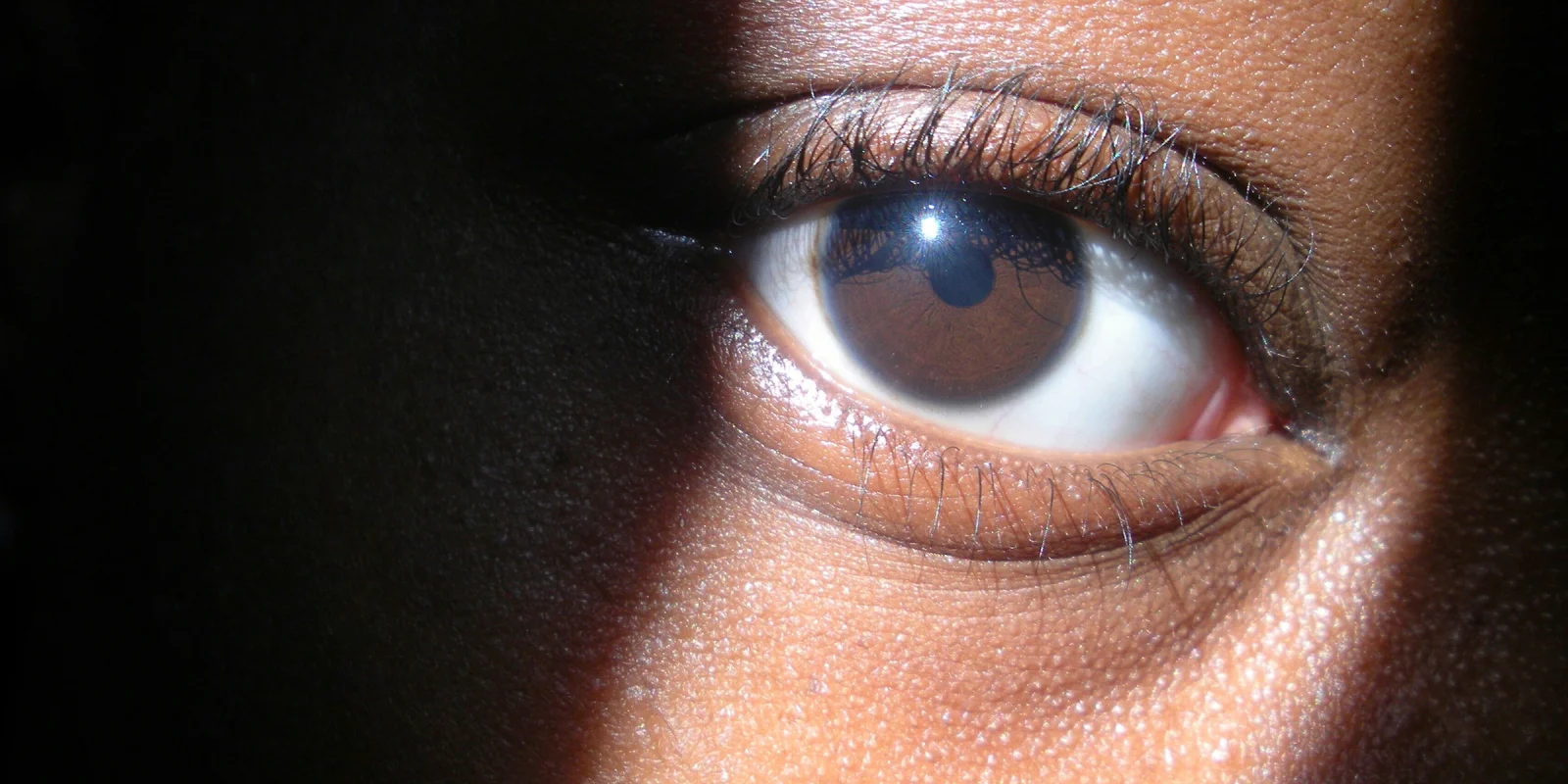
I had trouble falling asleep one Sunday night in early April. Monday morning would mark the beginning of my redeployment to the COVID-19 unit during the peak of the pandemic. My Brooklyn hospital was inundated with patients suffering from coronavirus, so everyone was doing their part, including me, the cornea specialist. As the youngest faculty member in the department, I was the first to shift gears from treating eyes to saving lives.
I could not sleep because I was afraid. Afraid that I might become ill. Afraid that my fiancée, also a redeployed physician, would become sick. Afraid that I might not have what it takes to help the masses arriving daily with worsening dyspnea. Instead of sleeping, I read the news. Stories about young and healthy people dying from COVID. Stories of a fellow New York City cornea specialist who was intubated and in critical condition with SARS-CoV-2 infection. Stories of resident physicians succumbing to the very virus they were treating. Stories of racism against Asian-Americans.
By the next morning, those were no longer stories but my reality. I arrived at my unit and inspected the patients for whom I would be caring. Some were intubated, and others were on varying levels of respiratory support, from nasal cannula to BiPAP. It was a stark change in scenery from the slit lamps and OCT machines I was used to seeing for the past several years. I pushed aside my fears from the night before. Instead, images from my intern year in internal medicine began to run through my mind. I might not have been in my comfort zone of the office or the operating room, but I was still a physician, and these patients needed my help.
The work was critically important but also emotionally devastating. It was intense, with the relentless blaring of the overhead speaker signifying another code. I used to worry about my patients losing their vision, but now I worried about them losing their lives. It was harrowing to attend back-to-back codes on patients in neighboring rooms. It was even more difficult informing families that their loved ones had passed. I was distraught but had to hold it together to inform families that their worst fear had come true. The family members’ wails were heart-wrenching, and I did my best not to cry along with them.
I treated a low-income immigrant Caribbean population with relatively higher rates of obesity, diabetes, and other comorbidities. The news showed statistics that pointed to health care disparities in the COVID pandemic. I also saw firsthand that this disease was hitting my patients of color disproportionately hard. My youngest patient of the week, a 30-year-old-male, told me that his mother was also admitted for COVID a few floors below him. His family of eight lived together in tight quarters, and several in the household had COVID symptoms.
The flood of sorrow was occasionally interrupted by moments of happiness. One of my patients was a 69-year-old who had been non-verbal for a week and a half from presumed SARS-CoV-2 encephalopathy. And then one day, he said, “I love you, baby,” to his wife as I held the phone for him. It gave me hope.
One day, amid the din of many codes, amazement washed me. I was inspired by how swiftly the entire health care team overcame danger and exhaustion to save another life. I stood in wonder of the nurses who administered vasopressors, of the residents as they performed chest compressions. I admired the steady anesthesiologists as they intubated patients, and the MICU attending who placed a central line, and the respiratory therapists who prepared the ventilators.
A few months ago, some people may not have regarded ophthalmologists as “real” doctors, since we “only” treat the eye. But during exceptional times such as this, let us not forget that ophthalmologists are physicians who can treat the whole patient. After all, it was the Chinese ophthalmologist Li Wenliang who was one of the first to recognize the COVID outbreak in Wuhan before he also succumbed to the disease.
I miss our slit lamps. I miss performing cataract surgeries and corneal transplants. I miss our conferences. I am unsure when the world of ophthalmology will return to normal. But this epidemic is unprecedented. After directly witnessing the COVID-related deaths of so many people, I am grateful for the guidelines issued by the American Academy of Ophthalmology to reschedule all non-urgent eye visits at this time. Seeing my patients in the office for routine care would potentially expose them to numerous asymptomatic carriers of COVID and might lead to their demise. Deferring non-urgent appointments is critical to ensuring the health and survival of our elderly and vulnerable patients. I cannot wait to reopen in better times and provide them the ophthalmologic care they need, but I dread learning about all of my patients who have passed away from SARS-CoV-2.
For now, I try to find comfort in the familiar. My 69-year-old patient is, thankfully, still receiving his brimonidine and bimatoprost eye drops. I hope that one day soon, we will be able to see patients like him again in our offices, instead of being preoccupied with whether or not they will survive this pandemic.
Dr. Park is a board certified ophthalmologist and fellowship trained cornea specialist at SUNY Downstate Health Sciences University and Kings County Hospital in Brooklyn. She completed her residency at the New York Eye and Ear Infirmary of Mount Sinai and her fellowship at the Illinois Eye and Ear Infirmary at the University of Illinois at Chicago.
Previously published in ScienceDirect
Click here to see more perspectives on COVID-19 from the Doximity network.
Click here for up-to-date news about COVID-19 on Doximity.







